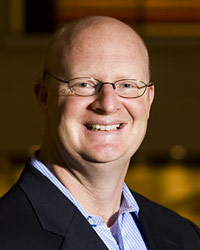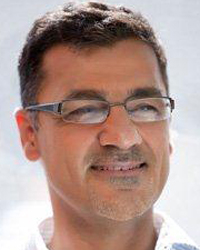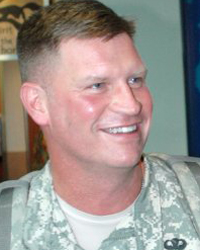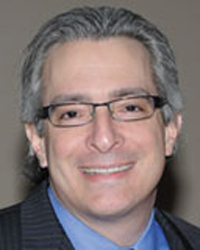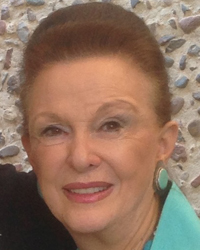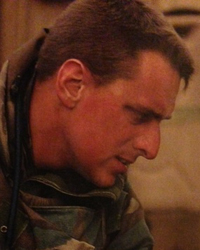VOICES
Reactions to President Obama’s Syria address
Weary from two punishing wars half a world away, and anxious about opening a new front in the treacherous Middle East, Americans gathered around TV sets Tuesday night to hear President Obama make a case for U.S. intervention in Syria.
Polls have shown strong resistance to any U.S. military role in Syria’s devastating civil war even before a dramatic diplomatic alternative had emerged: Russia’s proposal to place Syria’s chemical weapons stockpiles under international control.
But that development did little to change the views of half a dozen Americans interviewed immediately after Obama’s nationally televised remarks, in which he said he was suspending a push for missile strikes to let diplomatic efforts proceed.
On the eve of the 12th anniversary of the Sept. 11 attacks, those who favored military intervention to punish the government of Syrian President Bashar Assad said the U.S. still should attack if Syria did not fully cooperate. Those opposed remained adamant. Some said they remained deeply torn over the issue. They also acknowledged that the president had no good options in a seemingly intractable conflict that defies outside influence.
— David Zucchino

William Inboden
Former George W. Bush advisor
Salam Al-Marayati
Spokesman for Muslim Public Affairs Council
Lt. Col. Arnold Strong
Veteran of Iraq and Afghanistan; now in U.S. Army Reserve unit in Los Angeles
Daniel Weiner
Senior rabbi, Temple De Hirsch Sinai, Seattle
Maggie Lockridge
President of R.A.W. (Rebuilding America’s Warriors)
Erik Schobitz
U.S. Army battalion surgeon during invasion of Iraq
